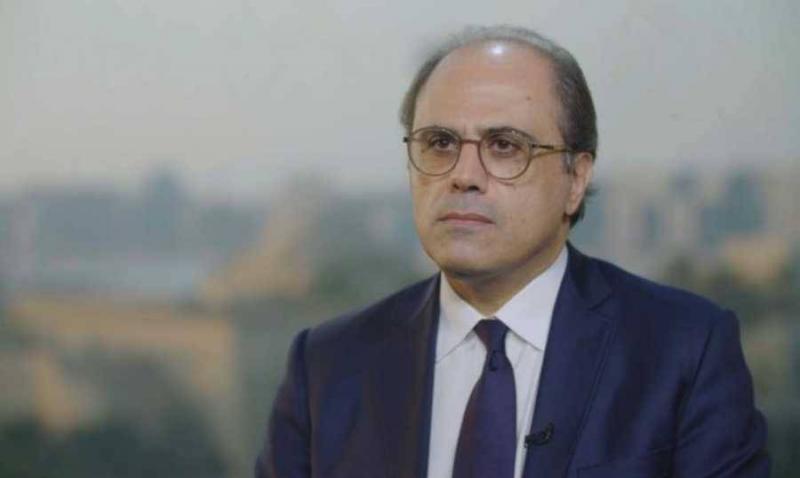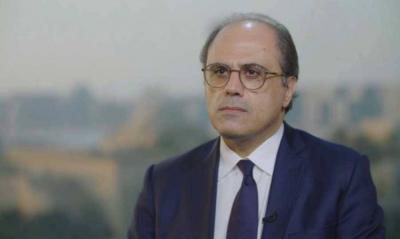The positions of opposition MPs continue to reject the message from French presidential envoy Jean-Yves Le Drian, both in form and content. The message included questions to political forces regarding the characteristics of a president and their program, with some opposition figures describing the message as a "diplomatic precedent and an infringement on Lebanon's sovereignty and constitution." Additionally, they reject the idea of dialogue or a collaborative table with the other team, which insists on the nomination of Sleiman Frangieh.
According to "Al-Liwaa," it has been observed in recent days a revival of the "intersection" among Christian opposition parties, the Progressive Socialist Party, and the Free Patriotic Movement to nominate former Minister Jihad Azour - who has distanced himself since the electoral session on June 14 - as expressed in statements from some MPs from these forces, including Bassil, Bilal Abdullah, Adeeb Abd al-Masih, Ziyad Hawwat, and others. His name had been absent from discussions recently due to the efforts of the Group of Five countries to achieve a sort of Lebanese consensus on a candidate for the forthcoming presidency and their program.
Therefore, according to informed political sources, the revival of Azour's nomination serves as a preemptive response to the new French initiative, which may disrupt Le Drian's upcoming mission in Beirut or delay his initially scheduled visit in early September, until the French administration assesses the positions of the announced and anticipated parties regarding the French message.
The sources believe that the latest joint statement from opposition forces, issued by MPs from the Lebanese Forces, the Kataeb, "Movement for Renewal," and some independents, effectively responds to the French message. It includes significant contentious issues that the French envoy and the "Group of Five" cannot achieve political consensus on under any circumstances or initiatives for the election of a president if the condition for their election is the endorsement of all these issues. Nonetheless, the critical question remains: How will the French respond to the opposition's positions? How will Hezbollah continue its presidential dialogue with the Free Patriotic Movement? And how will it convince hesitant parties to elect Sleiman Frangieh if an electoral session is held under any arrangement or deal?




